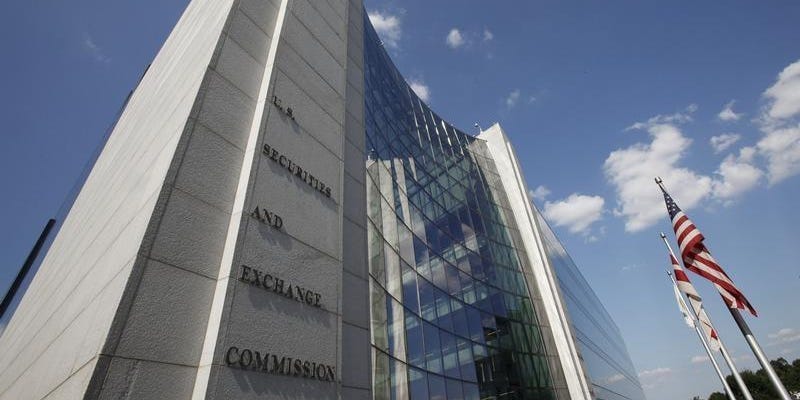
Thomson Reuters
- The SEC is investigating banks over conflicts of interest in the SPAC deal-making process, Reuters first reported.
- In particular, the regulator is looking into instances of banks acting as underwriter and adviser on the same deal.
- The SEC has requested information from top SPAC underwriters including Morgan Stanley and Goldman Sachs.
- Sign up here for our daily newsletter, 10 Things Before the Opening Bell.
The US Securities and Exchange Commission is investigating major banks over conflicts of interest in the SPAC deal-making process that exploded in the past year, Reuters first reported.
In particular, the regulator is looking into instances wherein the banks acted both as the underwriters and the advisers on the same SPAC deal and whether certain fee structures may have incentivized underwriters to secure unsuitable mergers, sources told Reuters.
"The big issue for the SEC is to understand if the advisers are conflicted," one of the sources told Reuters.
The SEC, according to sources, has requested information from top SPAC underwriters including Citigroup, Credit Suisse, Morgan Stanley, and Goldman Sachs. Requests do not imply malpractice.
SPACs are shell companies that list with the aim of merging with private companies and taking them public.
This method is typically done in lieu of an IPO or a direct listing and has garnered support from Wall Street heavyweights as well as pop icons and professional athletes.
Management teams of SPACs, also known as sponsors, generally pay banks a 5.5% fee for underwriting the process. Banks, however, can earn more if they also represent the merger target.
Such conflict of interest could harm investors, sources told Reuters.
Under the current law, banks are not required to disclose their fees in regulatory filings while law and accounting firms are.
SPACs have exploded in popularity in the last year. In 2020, a total of 248 SPACs raised $83.3 billion according to SPAC Analytics. But over halfway through 2021 alone, data already show 368 SPACs that have raised $190 billion, comprising 59% of initial public offerings.
